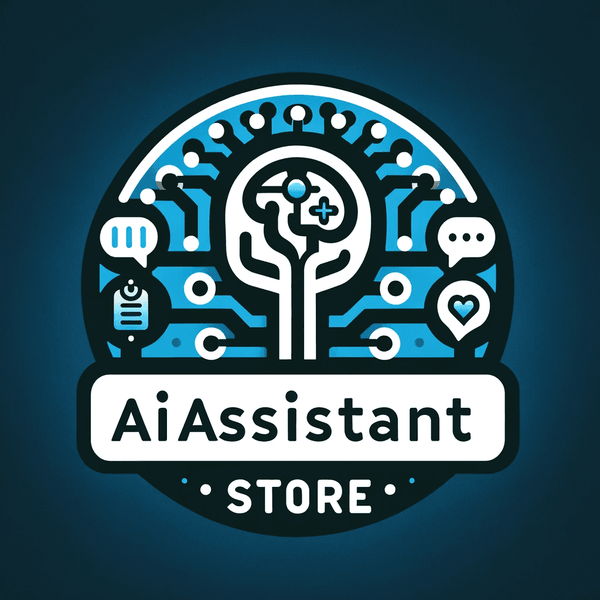In this guide, we’ll explore the best AI-powered tools that help researchers streamline their literature reviews, automate summarization, and organize references effortlessly.
Articles you may like to read after this one:
🔗 Top 10 Academic AI Tools – Education & Research – Explore the most effective AI tools helping students, researchers, and educators accelerate learning and streamline academic workflows.
🔗 Best AI Tools for Academic Research – Supercharge Your Studies – Discover top-performing AI tools built to support research quality, data interpretation, and faster literature review for academic success.
🔗 Best AI Tools for Research – Top AI Solutions to Boost Efficiency & Accuracy – Dive into AI solutions that assist researchers with data analysis, note summarization, and paper writing to elevate precision and speed.
🔗 AI Tools for Research – The Best Solutions to Supercharge Your Work – Learn how AI-powered platforms can transform your research workflow from ideation to publication with greater insight and less effort.
🔹 Why Use AI Tools for Literature Review?
AI is revolutionizing academic research by:
✔ Scanning thousands of papers in minutes – AI tools can find relevant research faster than manual searching.
✔ Extracting key insights from studies – AI summarizes the most important findings from multiple sources.
✔ Organizing citations automatically – AI reference managers format and store citations efficiently.
✔ Detecting research trends – AI tools highlight patterns and gaps in literature to support hypothesis development.
By leveraging AI, researchers can reduce workload, focus on analysis and synthesis, and complete literature reviews more efficiently.
🔹 Best AI Tools for Literature Review
1. Elicit – AI-Powered Research Assistant 📚
🔍 Best for: Automating literature searches and summarization
Elicit is an AI research assistant that:
✔ Uses natural language processing (NLP) to find relevant research papers.
✔ Summarizes key takeaways from articles.
✔ Helps researchers develop structured literature reviews.
2. Research Rabbit – Smart Paper Discovery 🐰
🔍 Best for: Finding and visualizing research connections
Research Rabbit enhances literature reviews by:
✔ Suggesting related studies based on citation mapping.
✔ Visualizing connections between different research papers.
✔ Allowing users to create custom collections for ongoing research.
3. Semantic Scholar – AI-Powered Paper Discovery 🔍
🔍 Best for: Finding influential and high-impact papers
Semantic Scholar is a powerful AI tool that:
✔ Uses AI algorithms to rank the most relevant and cited papers.
✔ Highlights key citations and research trends.
✔ Provides free access to millions of academic papers.
4. Scholarcy – AI-Powered Paper Summarizer ✍️
🔍 Best for: Quickly summarizing academic papers
Scholarcy helps researchers by:
✔ Summarizing long research papers into key points.
✔ Extracting figures, tables, and references.
✔ Generating a structured literature review summary.
5. Zotero – AI-Enhanced Reference Manager 📑
🔍 Best for: Managing and organizing citations
Zotero is a popular AI-powered citation manager that:
✔ Automatically extracts citation details from research papers.
✔ Helps researchers store and categorize sources.
✔ Supports multiple reference formats (APA, MLA, Chicago, etc.).
6. Connected Papers – AI-Based Literature Mapping 🌍
🔍 Best for: Exploring relationships between research papers
Connected Papers enhances literature reviews by:
✔ Mapping how papers are interconnected.
✔ Helping researchers identify gaps in literature.
✔ Visualizing research clusters and trends.
7. Scite – Smart Citation Analysis 📖
🔍 Best for: Evaluating paper credibility and citations
Scite is an AI-powered citation tool that:
✔ Shows how papers are cited (supporting, contrasting, or neutral).
✔ Helps researchers determine study reliability.
✔ Provides real-time citation insights for better decision-making.
🔹 How to Use AI Tools for Literature Review Effectively
To maximize the benefits of AI tools for literature review, follow these steps:
✔ Start with AI-powered search tools – Use Elicit, Semantic Scholar, or Research Rabbit to find the most relevant papers.
✔ Use summarization tools – Scholarcy and Elicit can extract key findings from long papers.
✔ Organize and manage references – Zotero helps store, categorize, and cite research materials efficiently.
✔ Visualize connections – Use Connected Papers or Research Rabbit to identify relationships between studies.
✔ Analyze citations – Scite evaluates the credibility of sources based on citation context.
By combining multiple AI tools, researchers can conduct more comprehensive, well-structured literature reviews.

